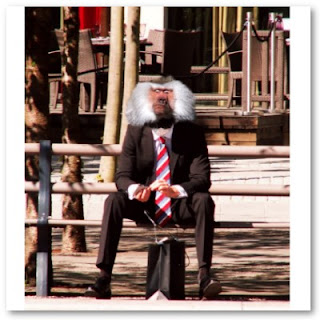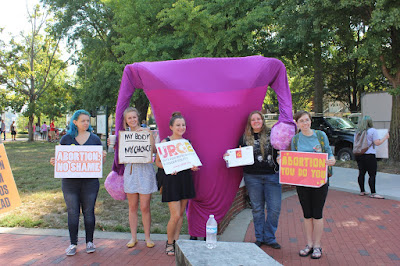The Not So Great Divorce

Reading a familiar rundown of the debate to define personhood today, I was struck by an odd thought: how do I know I'm a person?
Tom Scheve, author of the article posted on How Stuff Works, leaves the reader utterly confused by the end of his effort to wrestle with the great divorce man has created within himself---separating his humanity from his personhood.
Writes Scheve, "The question of personhood has two interrelated components: exactly when human life begins -- or ends -- and whether being alive is the same a [sic] being human. Even if everyone agreed on when life begins, there would still be wide disagreement on whether being alive gives a human automatic personhood."
That personhood does not come automatically with being a member of the family Homo sapiens is considered by many to be simple fact. Nevertheless, as Scheve explains, attempting to decide what is and is not a person is a rather tricky matter.
Some prerequisites for personhood are laid down---personality, the ability to think rationally. However, as Scheve admits, these definitions could lead to odd places, such as animals being deemed persons (while pre-born children are not).
My question, then, is simple: if being human does not guarantee you personhood, and you have to achieve or acquire some function before you receive that status, how do I know I have it?
How do I know I've reached that elusive benchmark?
Some may tell me I can know simply because I'm sentient. But, if self-awareness makes me a person, does that mean I'm less of a person than my neighbor who happens to be more keenly aware of himself and his environment?
Scheve ends his article with a true, yet terrifying thought: When we group humans into "persons" and "nonpersons," we open the door to practices such as eugenics and slavery.
Is anyone else slightly horrified by this divorce of man from his personhood?


Comments
Post a Comment